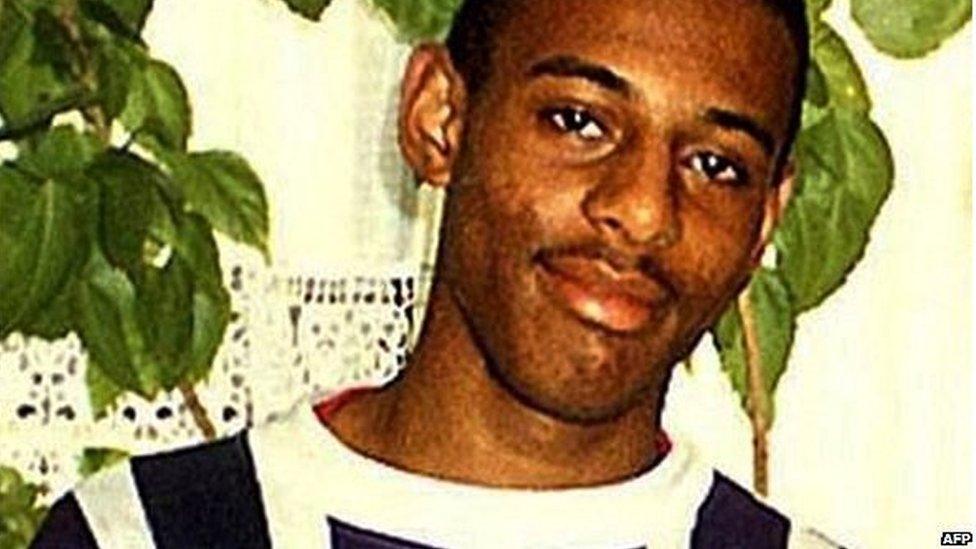Stephen Lawrence filmmaker wants viewers to feel family's emotions
- Published
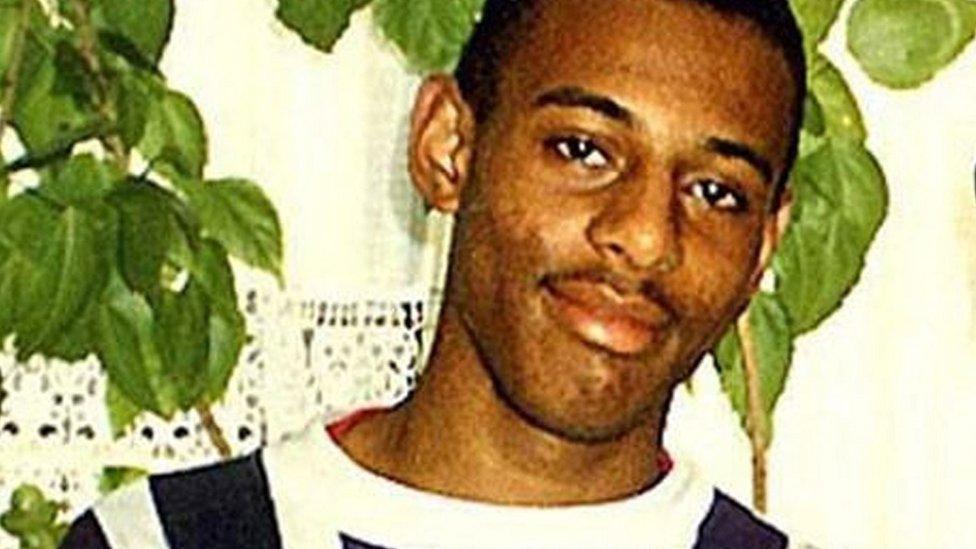
The director of a new documentary about the murder of Stephen Lawrence hopes the film will put viewers in the shoes of the teenager's family.
The 18-year-old was stabbed to death in a racially-motivated attack in April 1993.
James Rogan says he wanted to "give people an insight into what it felt like to be caught up in such difficult and tragic events".
Stephen: the Murder That Changed a Nation relives the night of the crime.
It also looks at police failings that followed and the impact his death had on British society.
Allow YouTube content?
This article contains content provided by Google YouTube. We ask for your permission before anything is loaded, as they may be using cookies and other technologies. You may want to read Google’s cookie policy, external and privacy policy, external before accepting. To view this content choose ‘accept and continue’.

Stephen Lawrence was stabbed to death at a bus stop in Eltham, south-east London in 1993.
The teenager had been waiting for a bus with his best friend Duwayne Brooks when they were targeted by a group of white men.
"We are living in the era of Black Lives Matter and the #MeToo movements," director James Rogan explains.
"Stephen's murder is an early example of how people challenged huge establishments to change the way they were treated or viewed by society."
The original investigation into the teenager's death failed to convict anyone over the murder.
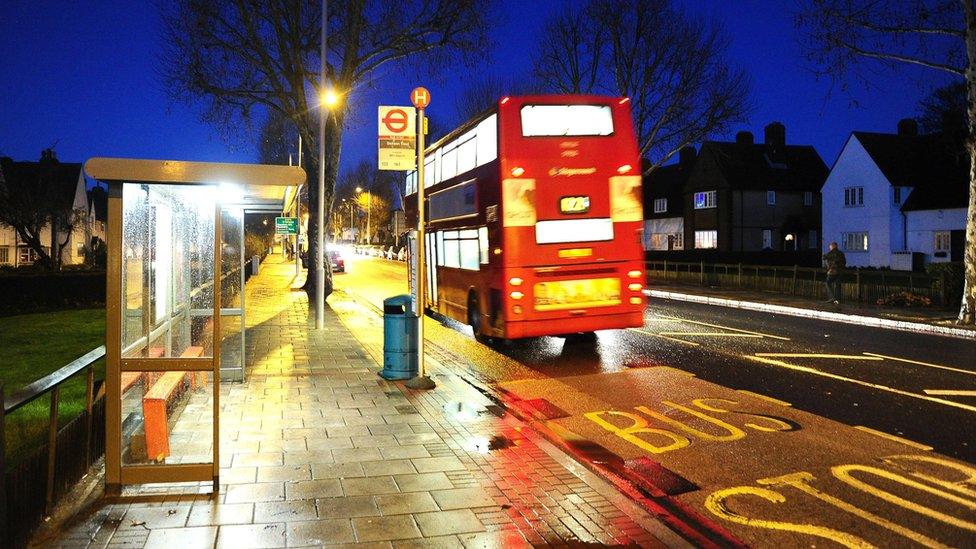
The bus stop in Eltham where Stephen Lawrence and Duwayne Brooks were attacked by a group of white men in 1993
Protest marches were held across London and campaign groups claimed the lack of police action was because the victim was black.
"I think it was a big wake-up call. There was a deep sense of history and a deep sense of grievances between black people in London and the police," says James Rogan.
The director says while he knew viewers would be able to relate to losing a loved one, he wanted viewers to experience the emotions being felt by the Lawrence family.
Stephen's parents Doreen and Neville Lawrence have shared their stories about being hounded by the media - saying at times it felt like the police treated them like criminals.
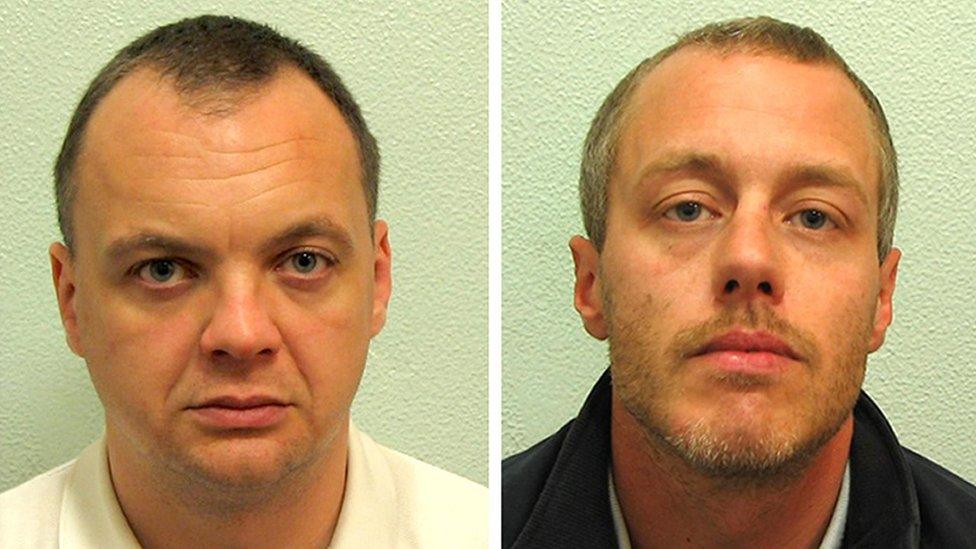
Gary Dobson (left) and David Norris were convicted of Stephen Lawrence's murder in 2012
"One of the things that came out of Stephen's murder was about stereotyping and how stereotyping worked," James Rogan tells Newsbeat.
"For some people it's difficult to understand something like stop and search. Imagine that's your first interaction with the people that should be helping you.
"The rest of society probably finds that difficult to understand".
After six years of pressure from the public and Stephen Lawrence's family, a report was published into the handling of his murder.
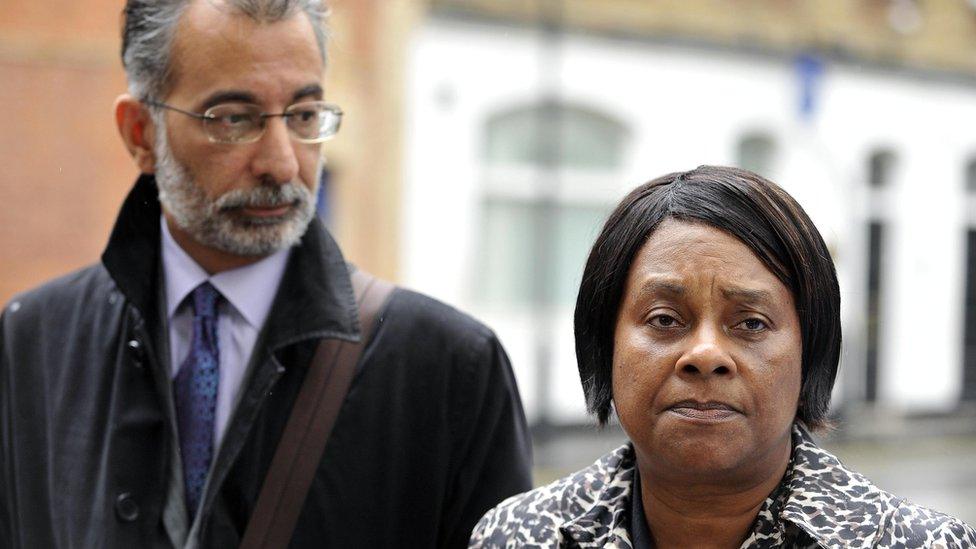
Doreen Lawrence arrives at court during the murder trial in 2012
The Macpherson report, external, a document which contained more than 100,00 pages, concluded the Metropolitan Police had made several failings - and branded it as "institutionally racist".
It claimed officers failed to follow leads, arrest suspects and failed to give first aid when they arrived at the scene of the stabbing.
The report led to changes in the police force as well as the way racially-motivated crimes were investigated.
James Rogan admits that although he'd got the Lawrence family, members of the police and journalists to feature in the documentary, there are still those close to the case who didn't want to take part.
"There were people who wouldn't talk. A lot people are still very traumatised by what happened to Stephen," he says.
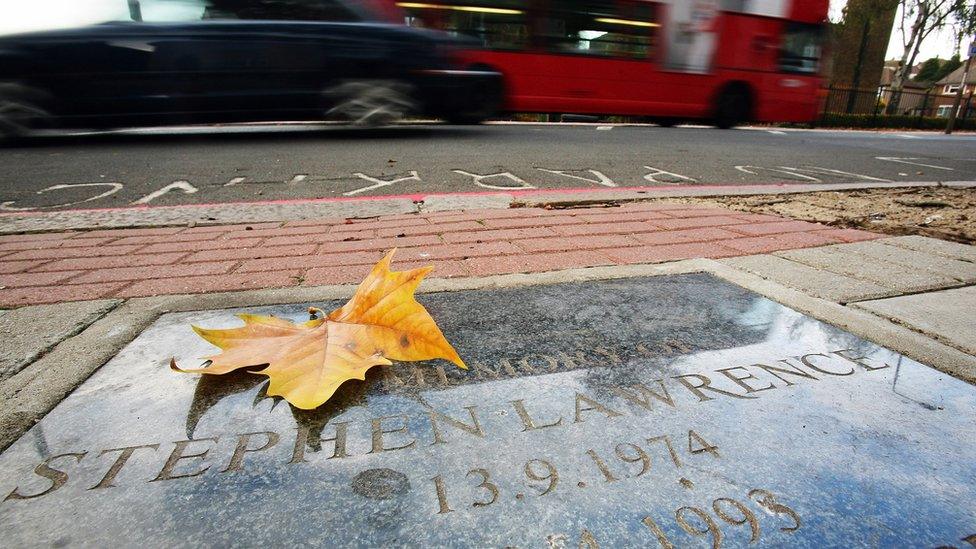
A plaque was laid at the spot where Stephen Lawrence was attacked
"I think it's easy to underestimate how many people are affected - from the families and the police - all those that have to deal with these cases."
James Rogan also reveals he hopes the film might trigger the memories of anyone with information that could lead to further arrests over Stephen's death.
"It would be a wonderful outcome if the series helped Doreen and Neville get more justice," he says.
Stephen: the Murder That Changed a Nation is on BBC One 17 April at 9pm.
Follow Newsbeat on Instagram, external, Facebook, external and Twitter, external.
Listen to Newsbeat live at 12:45 and 17:45 every weekday on BBC Radio 1 and 1Xtra - if you miss us you can listen back here.
- Published15 April 2018
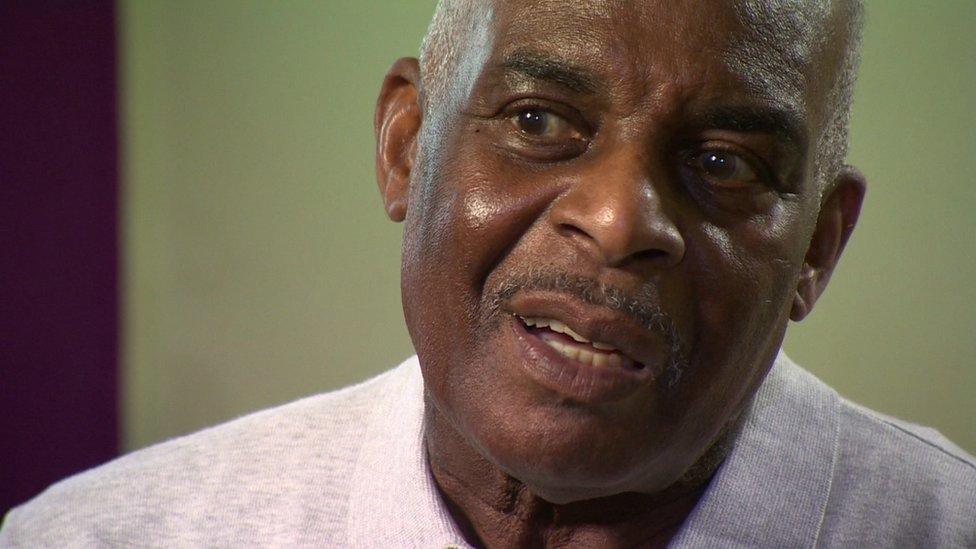
- Published13 April 2018
